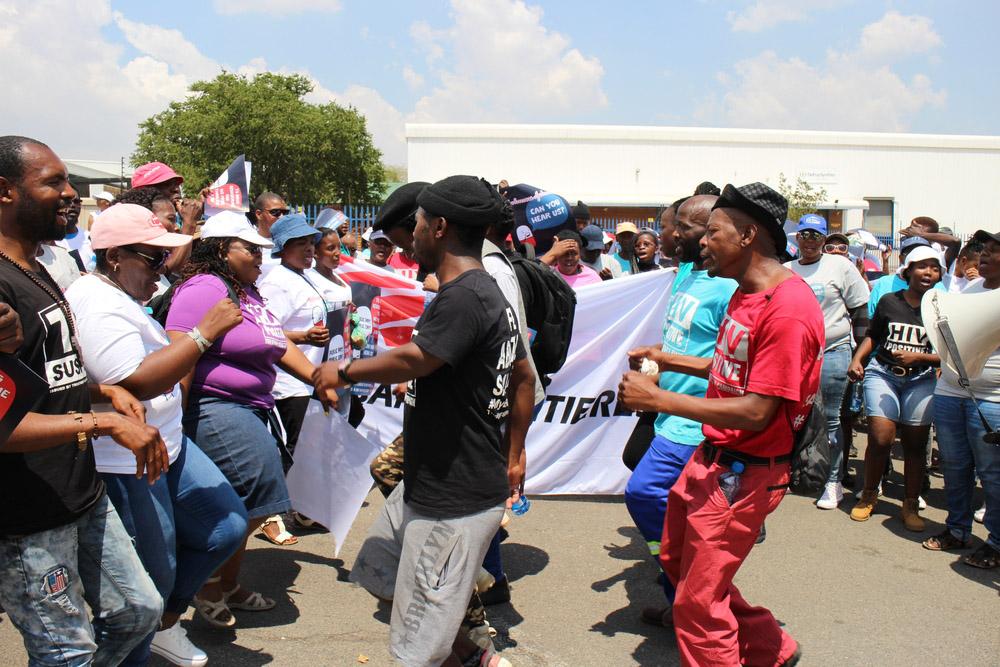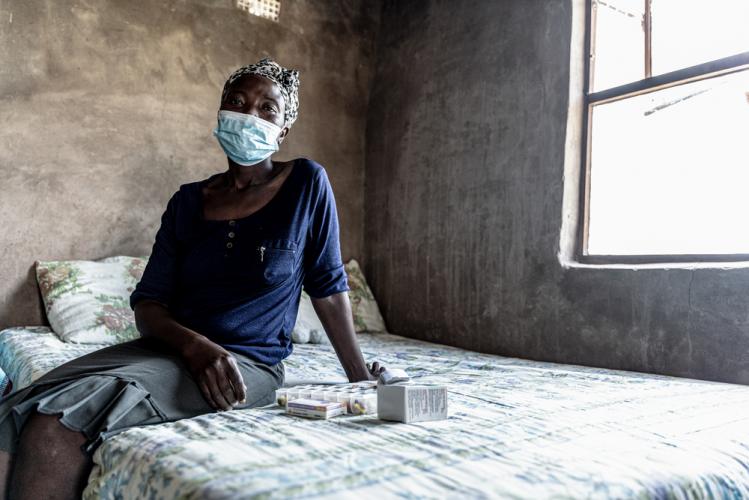
Advocacy and Bearing Witness
We speak about the challenges and realities of people in danger or distress who we assist. We speak out to alert the public to emerging crises, acute emergencies and serious challenges, such as exclusion from healthcare, to mobilise support for MSF’s work and social mission and to provoke change to improve the situation for the patients and communities we are working with.
Bearing witness and our origins
When MSF was first created in 1971, its original members had experience of working for the International Committee of the Red Cross (ICRC) in a civil war in Nigeria which pitted government forces against rebels from the region of Biafra. Hundreds of thousands of people died in the Biafran war because of a deliberate government policy. On their return from the region, a group of young French doctors were frustrated and outraged by the inability to say publicly what had happened.
They joined journalists from a French medical journal to create an association, MSF, which would provide aid in war zones, but also talk about what they saw. They hoped that by bringing abuses to light they could bring them to an end. The group of doctors that formed MSF refused to watch catastrophe unfold in silence because they believed that silence could kill, making those that looked on complicit in the atrocities
Speaking Out Case Studies
msf.orgMSF has created a collection of reference documents on “temoignage/advocacy”, designed to be straightforward and accessible to all and to help deepen understanding on the organisation's culture of speaking out on and the decisions and dilemmas it encountered.
From denouncing the forced relocation in Ethiopia in 1985 to the inaction of the international community during the Rwandan genocide of 1994 and the 1999 Nobel Peace Prize acceptance speech that demanded an end to indiscriminate bombings of civilians in Chechnya and much more.
In these studies, key information sources – MSF teams’ written and oral recollections – are reconstructed by highlighting documents and videos from the period concerned and interviewing the main actors.
